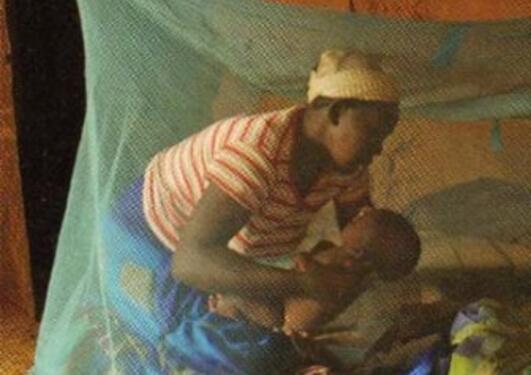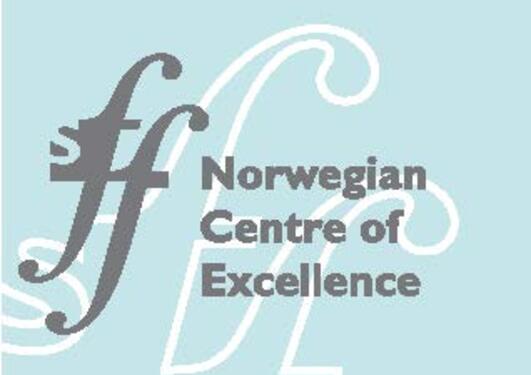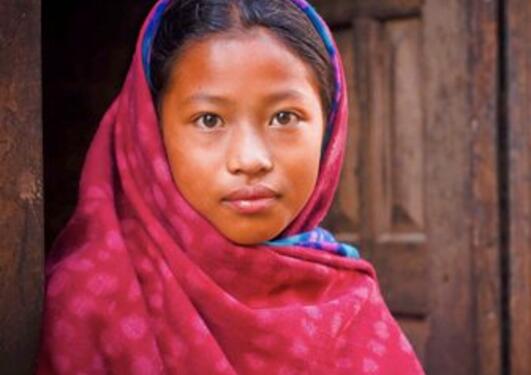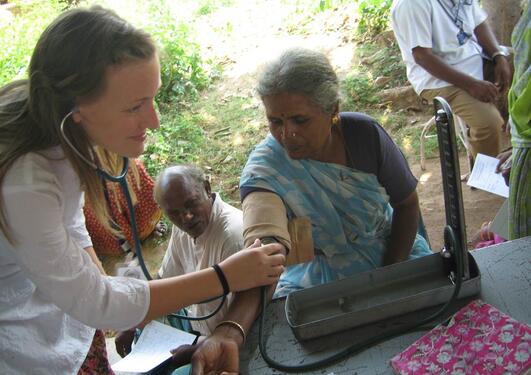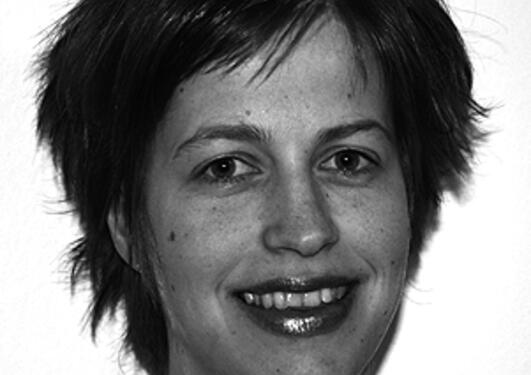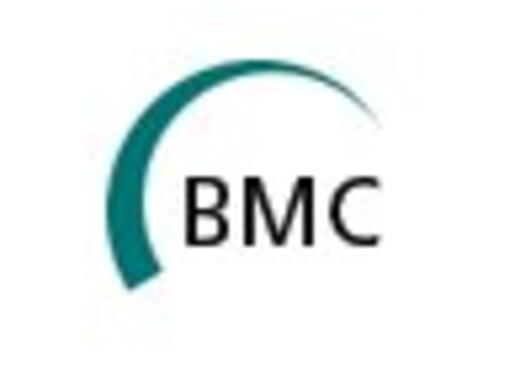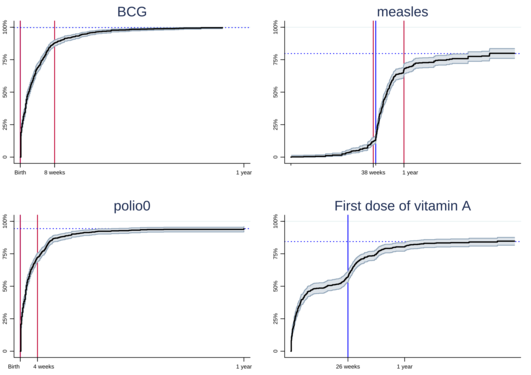News archive for Centre for International Health
Malaria remains a major public health problem worldwide. Researchers at CIH, the Bjerknes Climate Centre and in Ethiopia are collaborating to strengthen malaria research and now initiates a new project.
PhD candidate at CIH, Robert Byamugisha, presented his poster at the 38th Congress of the Nordic Federation of the Societies of Obstetrics and Gynaecology (NFOG), and was awarded the prize for best poster.
Thorkild Tylleskär and his colleagues received the Faculty’s award for the best publication of the year for their Lancet article on breastfeeding in the south of Africa.
The top research groups in Norway are now competing for status as Centres of Excellence (SFF centres). Centre for Intervention Science in International Maternal and Child Health is in the final round.
Serious infections cause a lot of child deaths in developing countries. A study in India focuses on the effect of zinc as a supplement to antibiotic treatment. The findings, which are now published in the Lancet, showed that zinc reduced treatment failure by 40%.
WHO recommends exclusive breastfeeding as the best way of reducing ill-health and infant mortality. However, a new study shows that in Nepal few mothers receive any information on this, and hardly anyone practice it for the recommended period.
National Science Week 2012 will be focused around “Society” as its overall theme. The research festival will seek to shed light on the human condition – on people’s lives as individuals, as members of groups and in relation to the world at large.
The Global Health Course, which recently was awarded for high academic quality, has just finished this year’s uptake. A lot of students want to learn more about global health, and the number of applicants made this a record uptake.
Health workers in conflict areas make a remarkable effort in the medical field, but also in violence prevention and peace building. Seven free online courses are now launched for those who want to learn more about medical peace work.
Most men do not involve themselves in programmes for prevention of HIV transmission from mother to child. HIV testing of men at the antenatal clinic is met with resistance.
The core research groups at CIH have both received the grade “Excellent” by an international expert panel which has evaluated the medicine and health research in Norway.
The newsletter of Optimize this time features an article about openXdata and the project mVAC. Optimize is a collaboration between WHO and PATH which aims to create a flexible and robust vaccine supply.
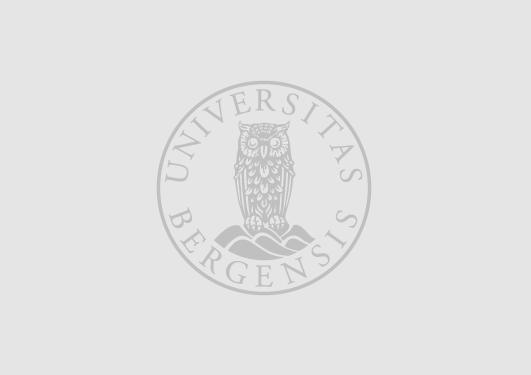
Having trouble coming up with a good idea for your research paper or project? Or do you have plenty of ideas but find it difficult to put them all into practice? Be inspired or share your ideas at the new website Ideabasket.
The 6th Conference on Global Health and Vaccination Research, “Contributions to Global Health Research, Capacity Building and Governance”, will take place in Oslo 12 -13 September 2011.
Health workers' motivation is one of the determining factors of the quality of public health services in Tanzania. Perceived unfairness in working conditions could be an important reason for low motivation.
In Uganda the majority of the children receive all vaccines in the vaccination program, yet they are not sufficiently protected from infectious diseases. A new study shows that there is a need for greater focus on when the vaccines are given, not only that they are given.
This year’s national research festival starts on Friday 23 September. CIH will be represented both in the Researcher Grand Prix and in the research talks on the theme “Bergen in the world, the world in Bergen”.
From Monday 31 October to Thursday 3 November the Bergen Resource Centre for International Development will host a wide range of lectures, discussions and even a book launch.
Pages
- 2024
- 2023
- 2022
- 2021
- 2020
- 2019
- 2018
- 2017
- 2016
- 2015
- 2014
- 2013
- 2012
- 2011
